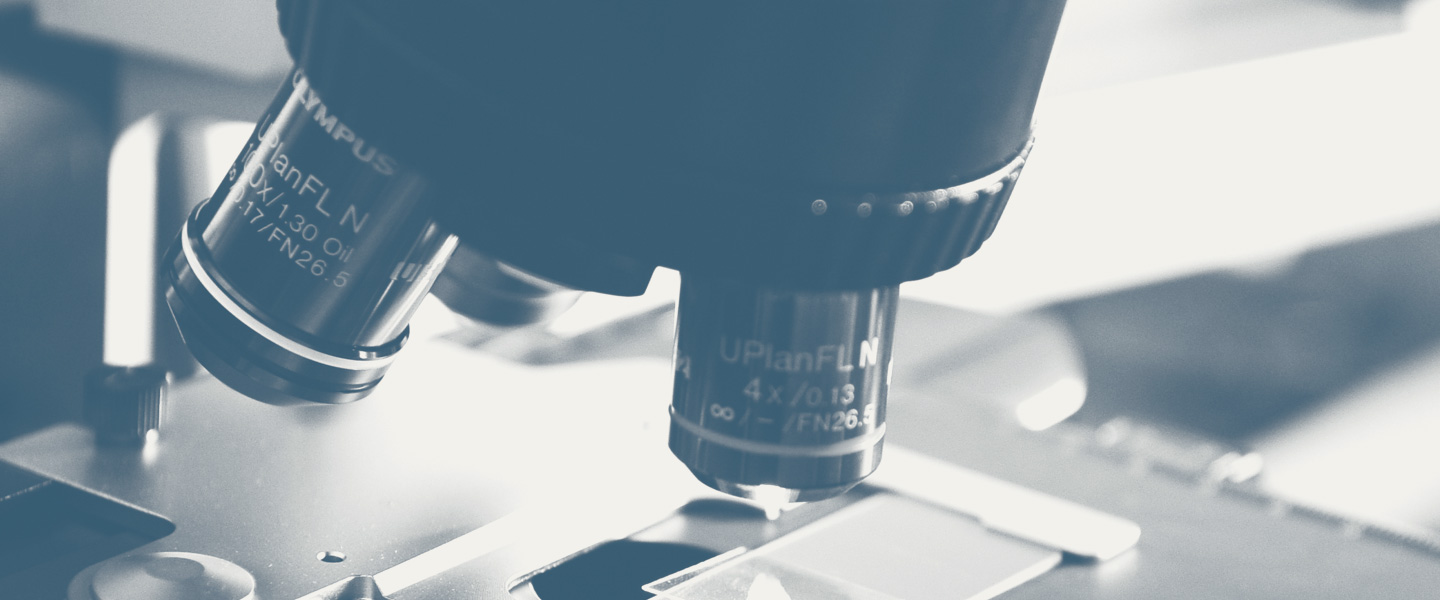
2025
Salman Banani, MD, PhD
Neubauer Family Assistant Professor, University of Chicago
rDNA Dysregulation in Cancer
rDNA Dysregulation in Cancer
We have made remarkable progress in understanding our DNA and how alterations to the genome lead to cancer. However, substantial portions of our DNA and their role in cancer remain poorly understood and Dr. Banani is focused on ribosomal DNA (rDNA), one essential and largely uncharted region of the genome. rDNA encodes genes leading to mature ribosomes, the cellular machinery that synthesizes all cellular proteins. The function of rDNA is essential for the growth and survival of all cells, and cancer cells often increase rDNA activity to meet their high demands for growth and protein synthesis. If we could figure out how rDNA is dysfunctional in cancer and target the mechanisms by which cancer cells become reliant on rDNA output, we might have new routes to cancer therapies. But first, we need to understand what happens in rDNA when cells become cancerous.
Dr. Banani will use a combination of new technologies in cell biology, and proteomic and genomic sciences to better understand how rDNA is altered in cancers. Specifically, he hopes to identify the proteins that mediate rDNA dysregulation in cancers, which may illuminate new specific therapeutic targets in these pathways, and to investigate the molecular mechanisms that cause cancer cells to rely on rDNA-associated proteins, which could help us better understand how and why tumors alter rDNA to suit the needs of their cancer cells. Finally, Dr. Banani plans to map the genetic rDNA mutations present in cancer progression to provide new insights into the fundamental pathology of cancer development and whether these mutations promote cancer development directly. His hope is that these studies will reveal new therapeutic targets potentially allowing clinicians therapeutically modulate ribosome production and rDNA regulation to control cancer.